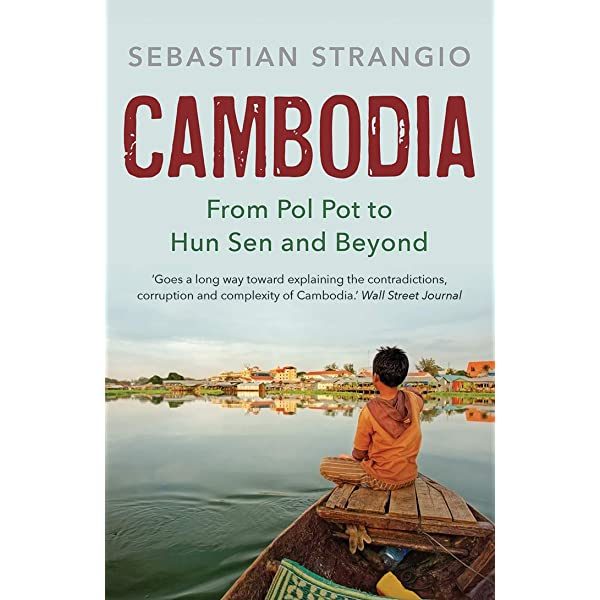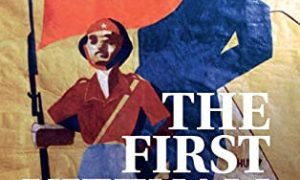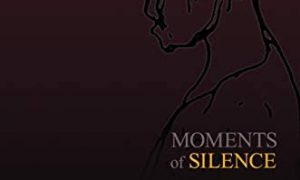For many people Cambodia’s modern history is overshadowed by the devastation and horror of the Khmer Rouge era between 1975 and 1979. Yet arguably the period since the fall of the Khmer Rouge has been much more significant in shaping the Cambodia of today. Perhaps more than any other Southeast Asian country Cambodia’s political leaders have had to deal with much more powerful outsiders: France, Vietnam, Thailand, the US, China, and the “international community”. No-one has been more adept at playing this political game than Cambodia’s remarkable prime minister, Hun Sen, now Southeast Asia’s longest serving political leader. Despite the international community’s best efforts since the early 1990s to fashion Cambodia into a model liberal democracy, Hun Sen and the Cambodian People’s Party (CPP) have eliminated all opposition to create a highly authoritarian state. Yet at the same time, and despite huge disparities in wealth, Cambodia is arguably more stable and prosperous than at any time in its traumatic modern history. Sebastian Strangio has documented this remarkable story in his book, Cambodia: From Pol Pot to Hun Sen and Beyond (Yale University Press, 2020), and in this episode from New Books in Southeast Asian Studies he speaks about his new book to Patrick Jory from the School of Historical and Philosophical Inquiry at the University of Queensland.
More from New Books on Southeast Asia
NBSEAS: “The First Vietnam War: Violence, Sovereignty, and the Fracture of the South, 1945-1956”
The book begins with a provocative question: why did the communist-led resistance against French colonial rule in Vietnam fail in the south?
NBSEAS: Thongchai Winichakul and his book on the Thamassat University massacre
An interview about a remarkable new book, by one who has thought and felt about the October 6 massacres as both an historian and a survivor.
NBSEAS discusses “The Irish Buddhist: The Forgotten Monk Who Faced Down the British Empire”
A new book looks at the significance of U Dhammaloka, an Irishman who “went native” and became a Buddhist monk in British Burma
 Facebook
Facebook  Twitter
Twitter  Soundcloud
Soundcloud  Youtube
Youtube  Rss
Rss 


